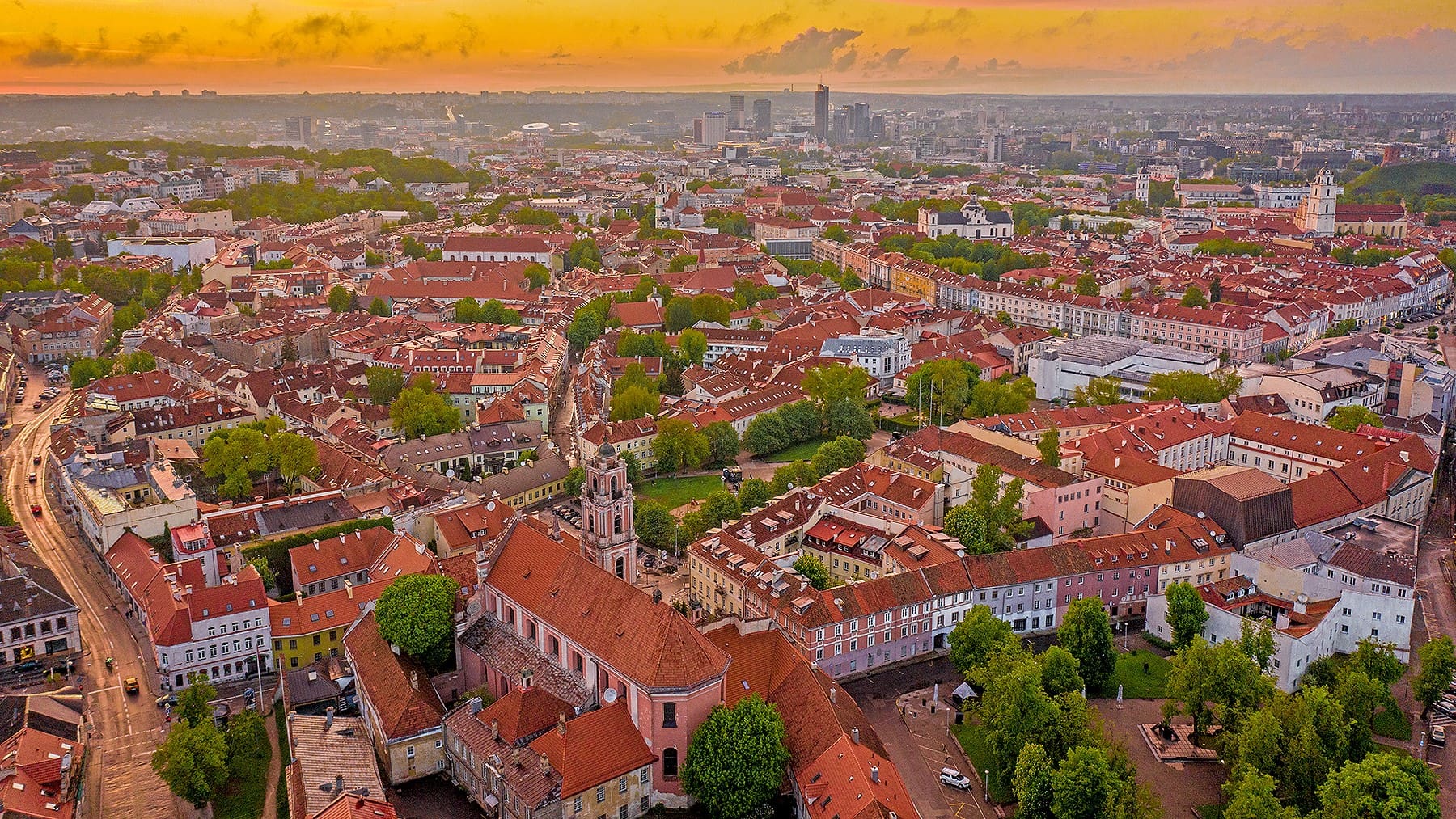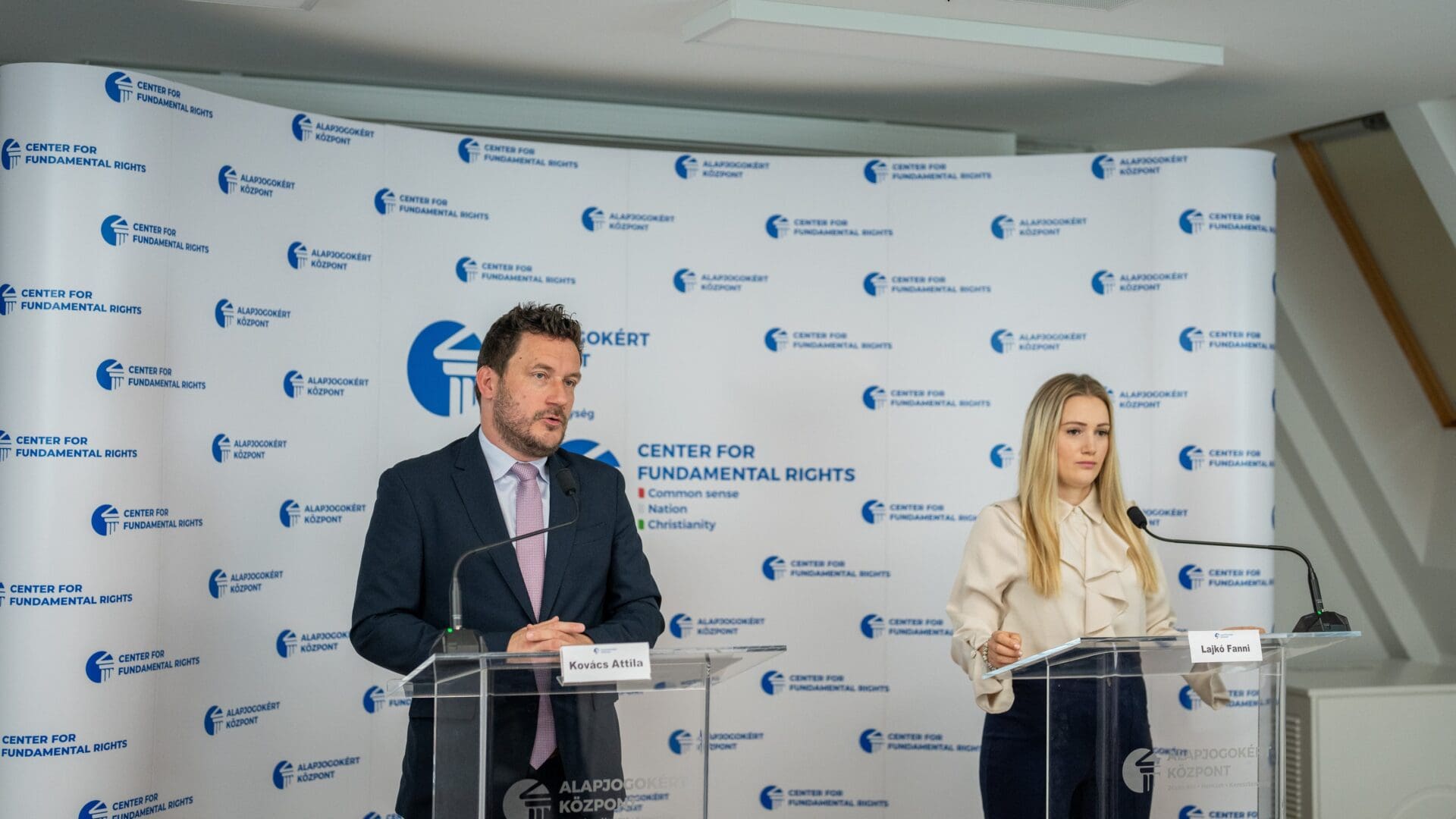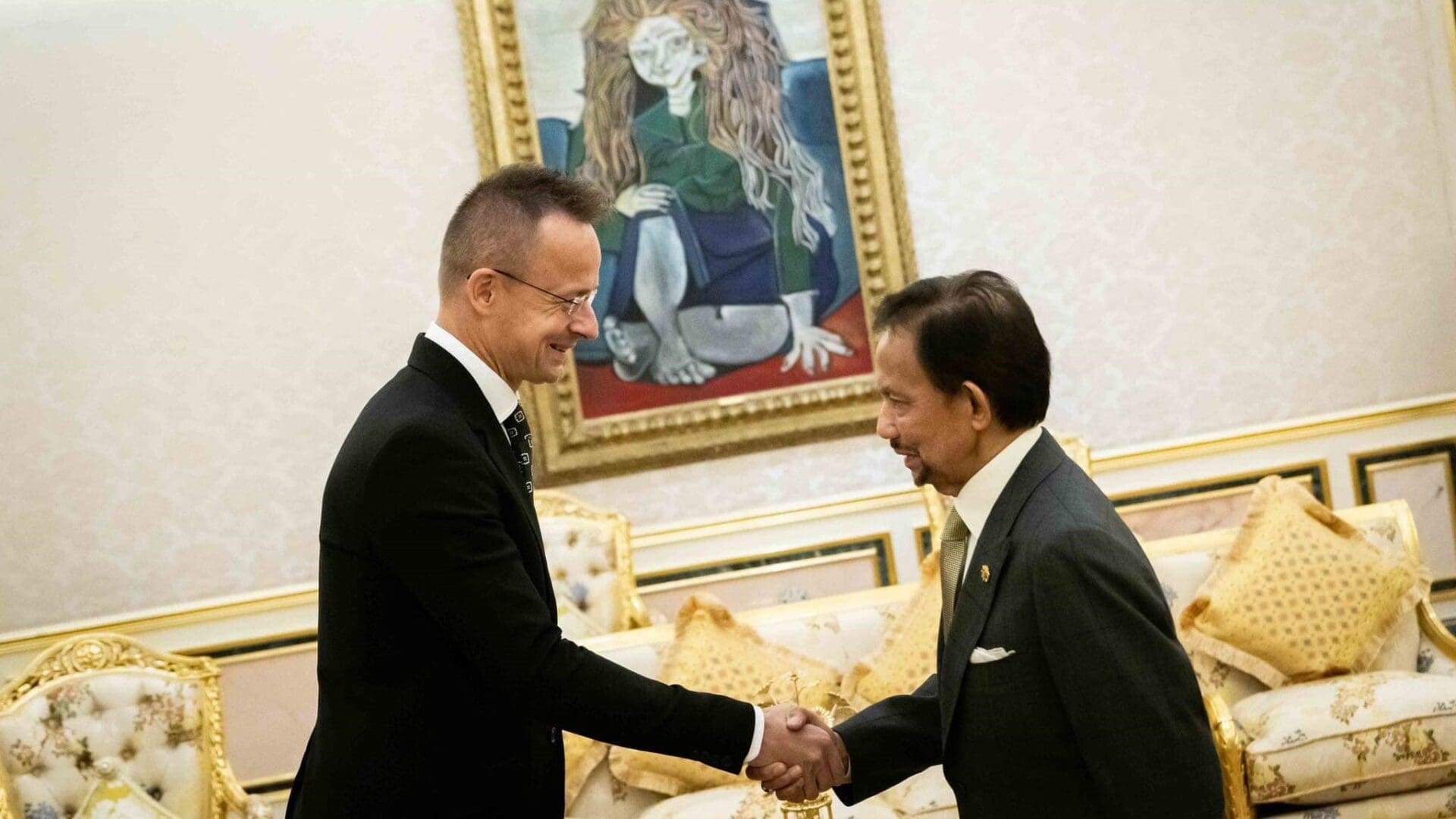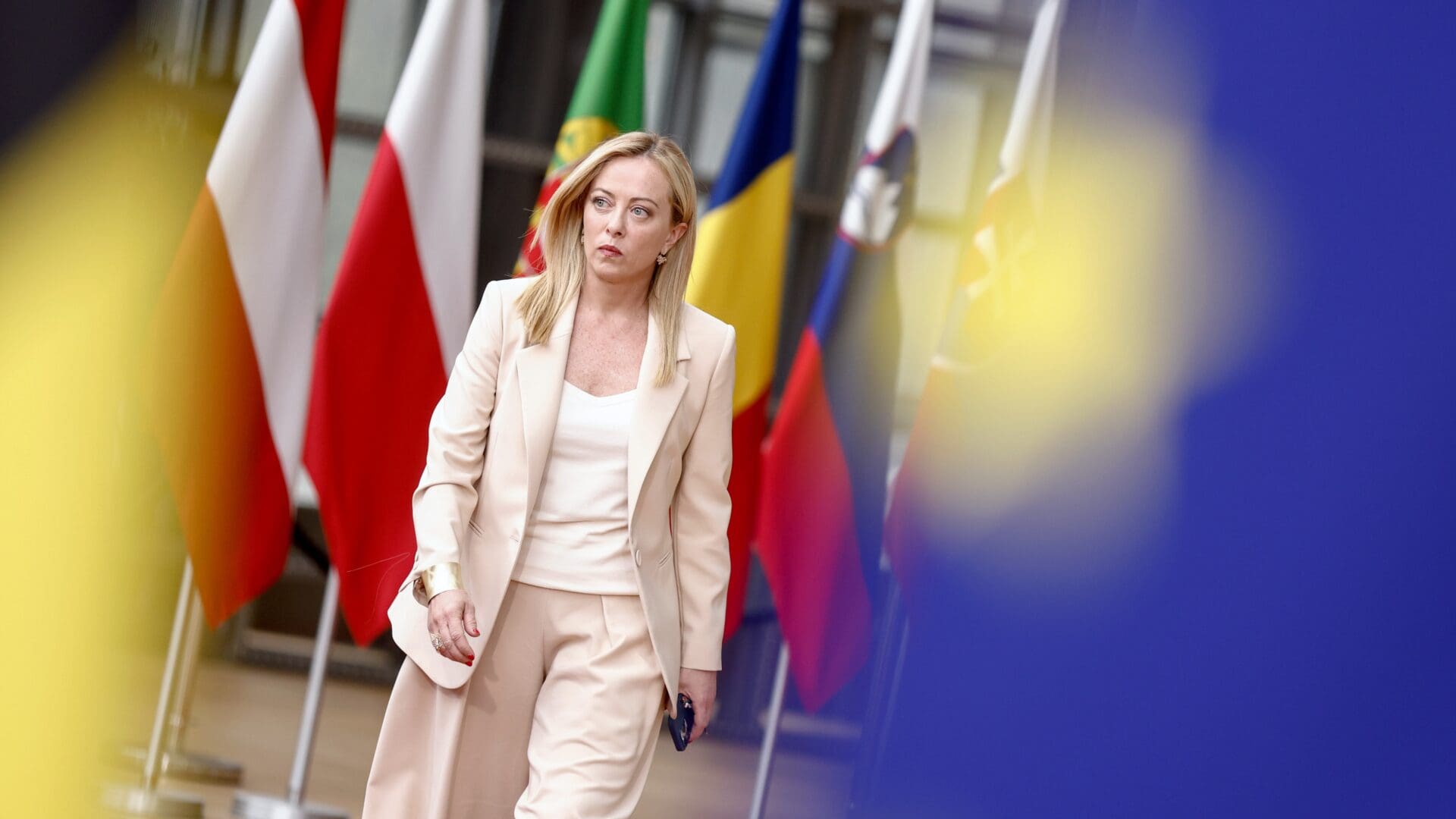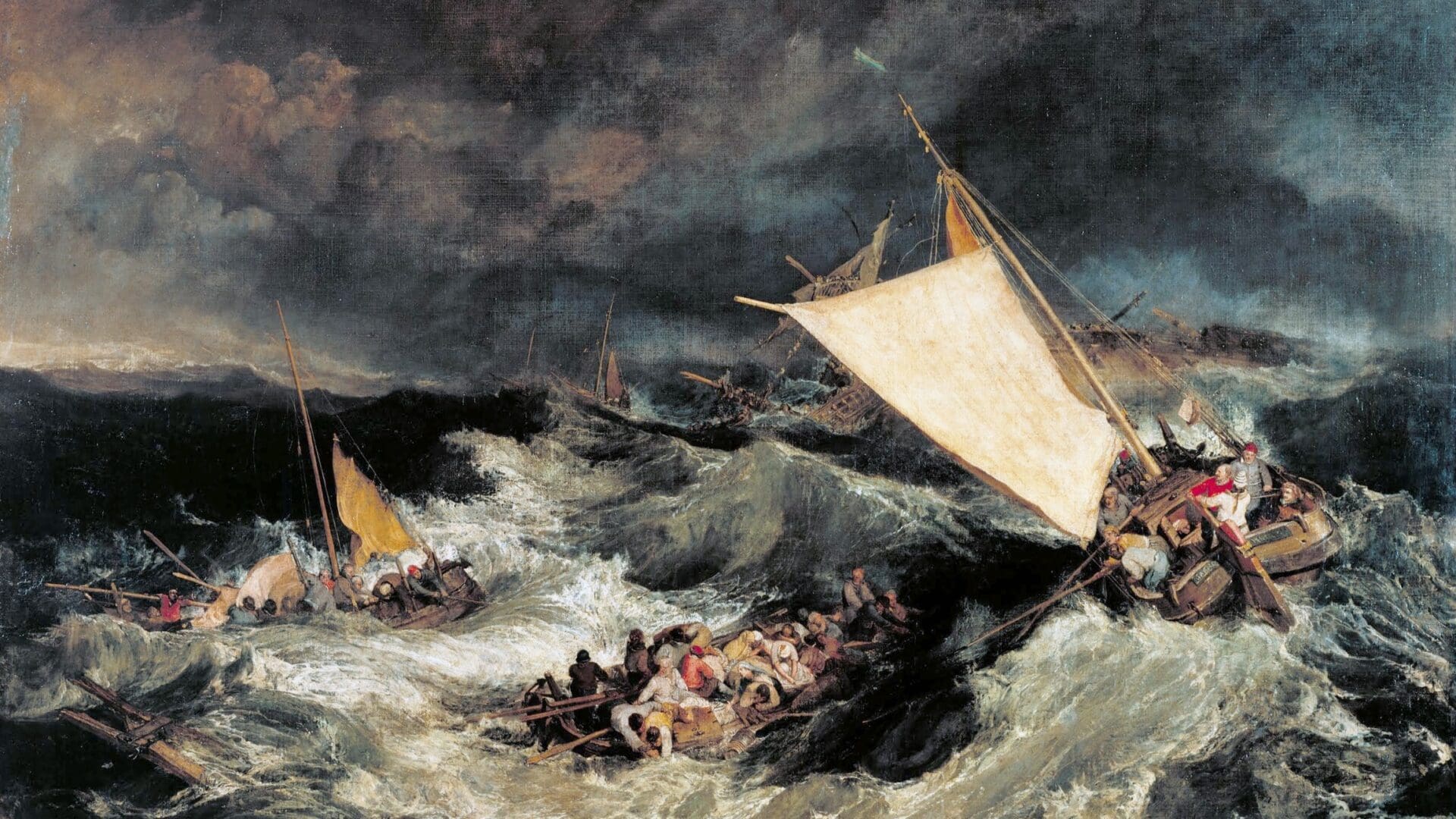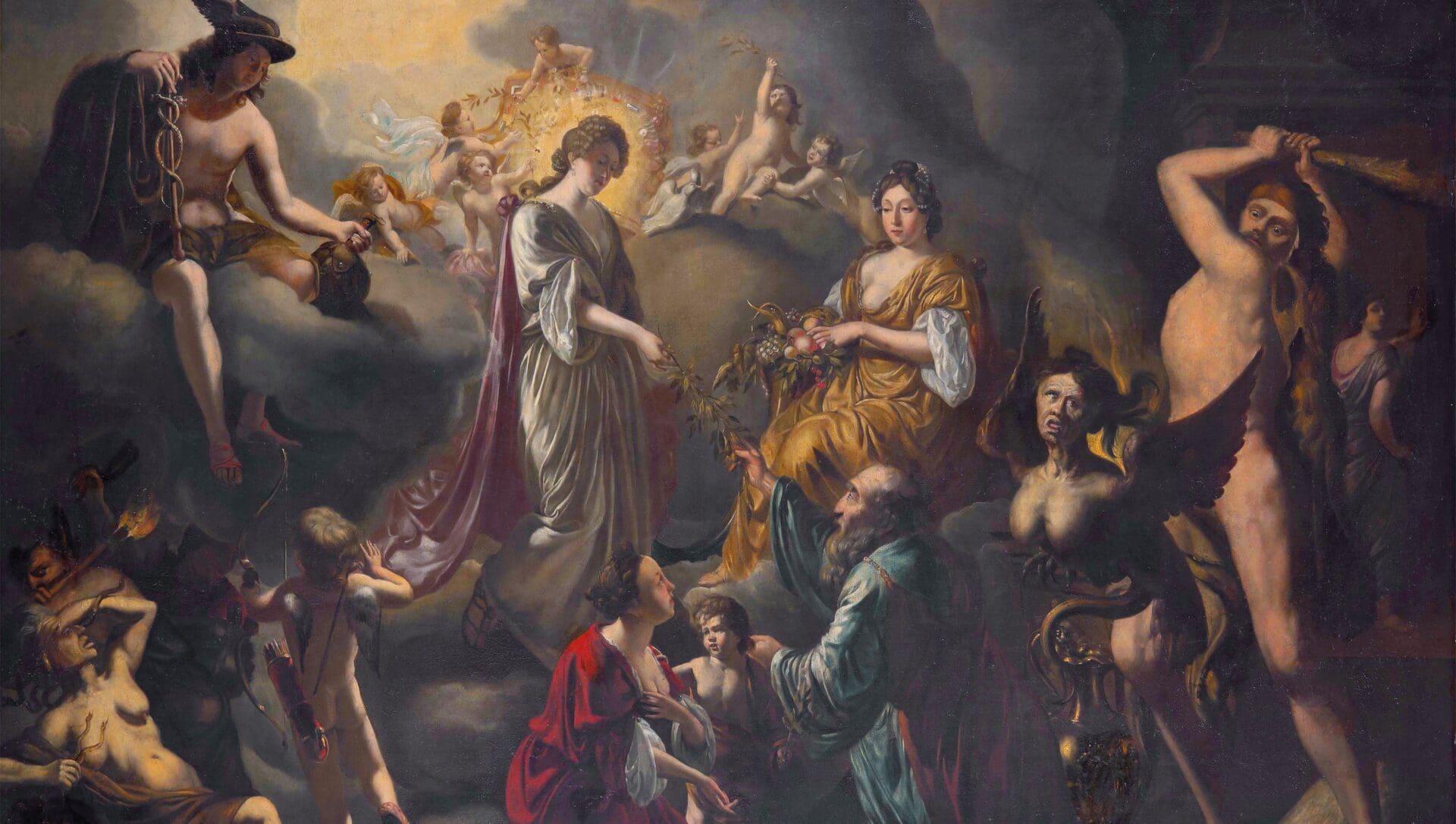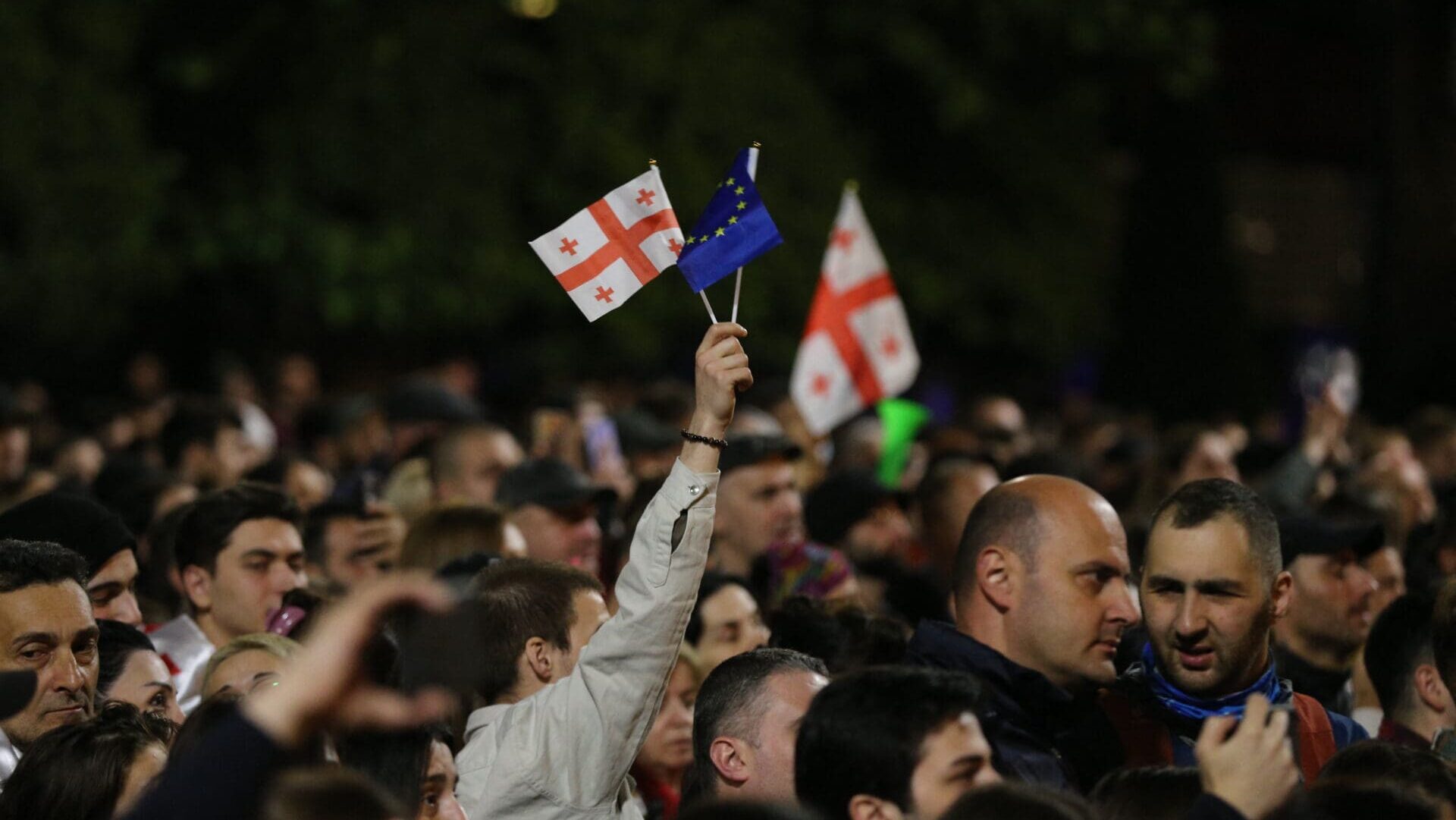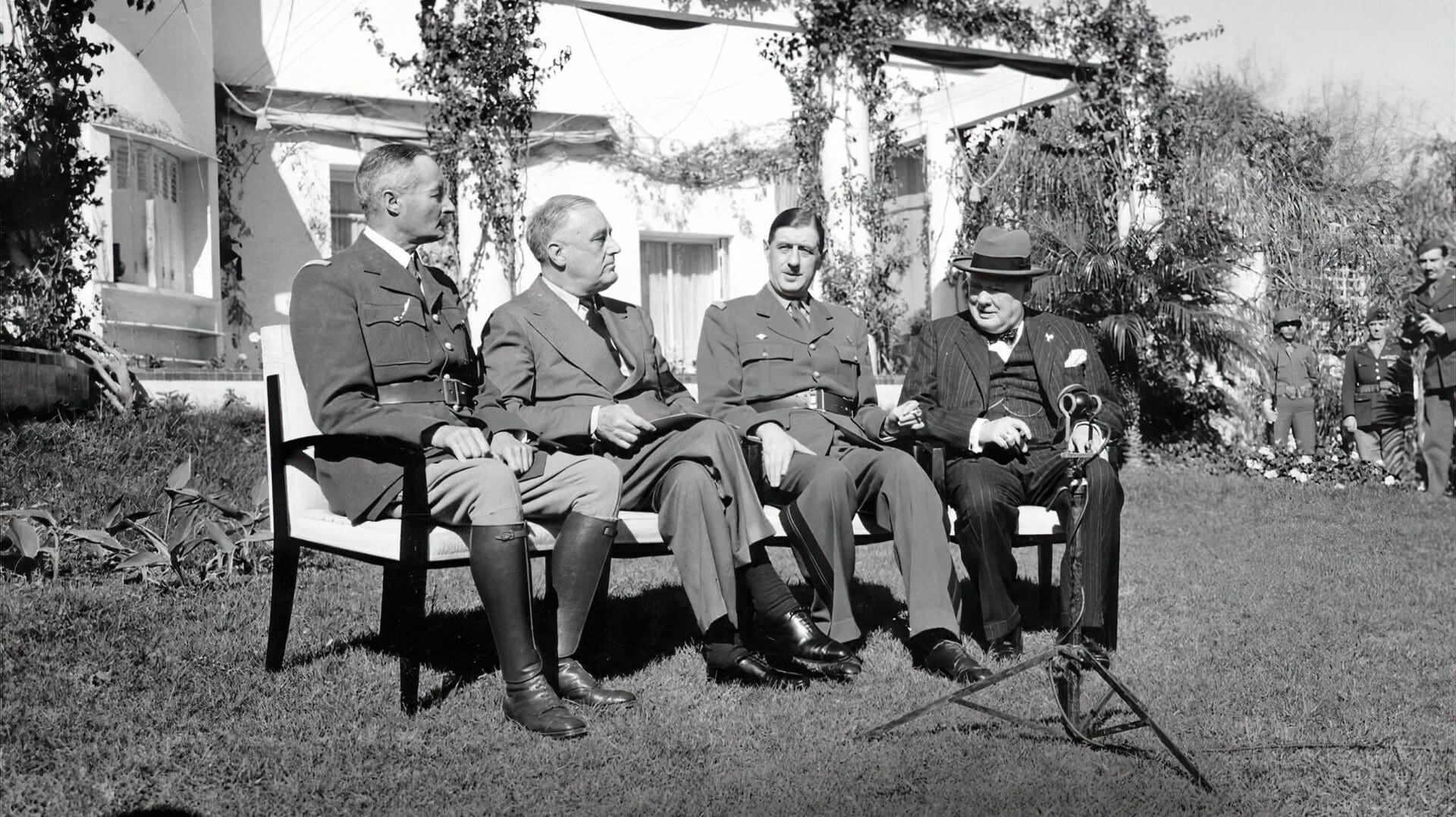
Internal Conflicts and Future Alternatives for European Integration
‘If we are looking for a more idealistic, right-wing conservative solution to the puzzle, we have to question the current form of the EU as it is. It may be appealing to the economic right, but it contains very little for the social right. This would mean either a radical restructuring of the EU to align towards more of these values or its reduction to a mere economic cooperation platform.’

